
Night vision monoculars offer a window into the darkness. Whether for tactical use, hunting, or simply exploring the outdoors at night, they turn the night into day. But when selecting a monocular, one of the biggest decisions revolves around the type of phosphor used in the optics: white phosphor or green phosphor. Both technologies have their strengths, but how do you decide which one fits your needs?
Green Phosphor: The Classic Choice
Green phosphor has been the standard for decades. If you've ever used a night vision monocular, you’re probably familiar with its signature green hue. This classic technology is reliable, cost-effective, and offers solid performance.
Pros of Green Phosphor:
Familiarity: It’s the most widely used, especially in military and law enforcement.
Affordable: Green phosphor monoculars tend to be less expensive, making them accessible for those on a budget.
Battery Efficiency: They typically use less power, providing longer battery life.
Cons:
Lower Resolution: Compared to white phosphor, the image may seem less sharp, especially in low-light environments.
Limited Detail: In situations with low contrast, such as in dense woods or fog, green phosphor might struggle to deliver clear images.
White Phosphor: Superior Clarity
White phosphor is the newer, premium technology. It provides a crisp, high-definition image with greater contrast and detail, which many users prefer. This is the choice for those seeking a more natural, lifelike view.
Pros of White Phosphor:
Higher Resolution: It offers more detail, making it easier to see smaller objects in low light.
Better Contrast: White phosphor gives a sharper image with excellent differentiation between light and dark areas. This is particularly beneficial in challenging conditions like fog or dense foliage.
Natural Image: The neutral, black-and-white images are easier on the eyes and closer to what the human eye perceives.
Cons:
Higher Cost: White phosphor monoculars are more expensive due to the advanced technology.
Shorter Battery Life: The superior performance often requires more power, which can reduce battery life during extended use.
Which Should You Choose?
Your decision depends on your needs.
For Budget-Conscious Buyers: If you’re looking for a reliable monocular without breaking the bank, green phosphor is your best bet. It offers good performance for general outdoor activities like hiking or casual wildlife watching.
For Professionals or Enthusiasts: If image quality, clarity, and detail are your top priorities—whether for tactical missions, hunting, or precision operations—white phosphor is the ideal choice. It delivers superior contrast and a clearer, more detailed image.
Why Choose NightVision4Less?
At NightVision4Less, we offer an extensive range of night vision monoculars from trusted brands like AGM, Armasight, and Nyx-14. Whether you're leaning toward green phosphor or white phosphor, our selection has something for every need. Visit our website or call us at 1-800-771-6845 for expert guidance in finding the perfect monocular for you.

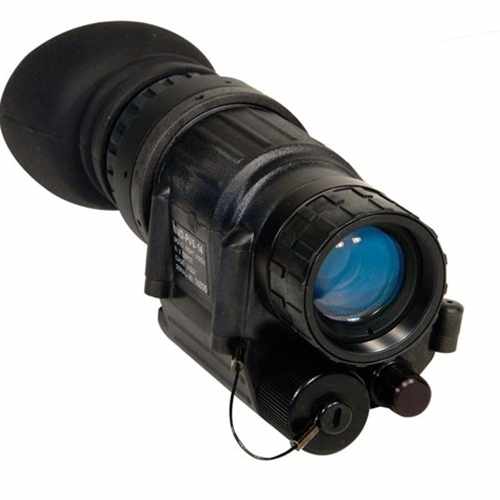
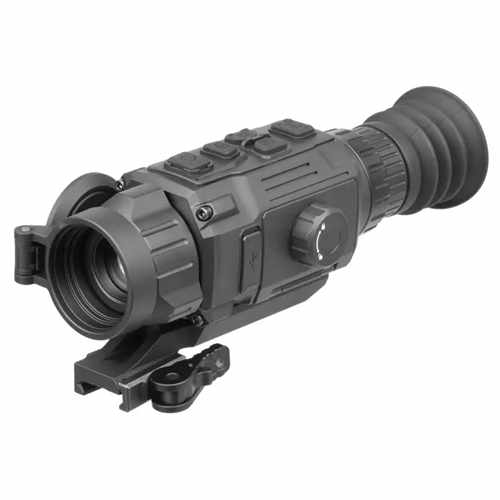
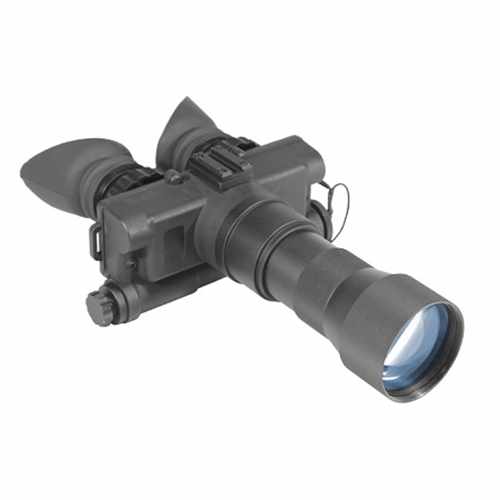
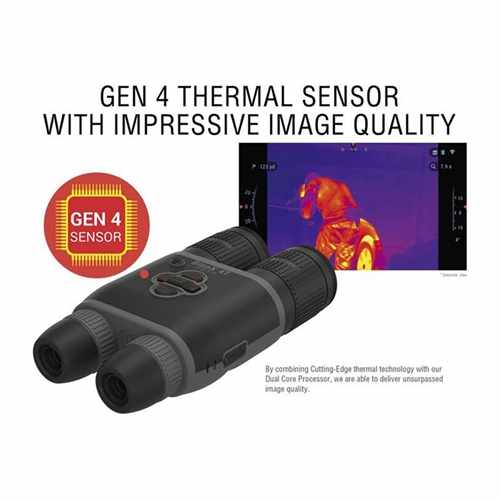
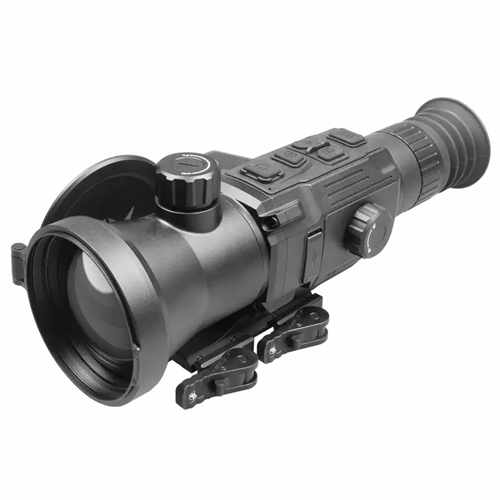
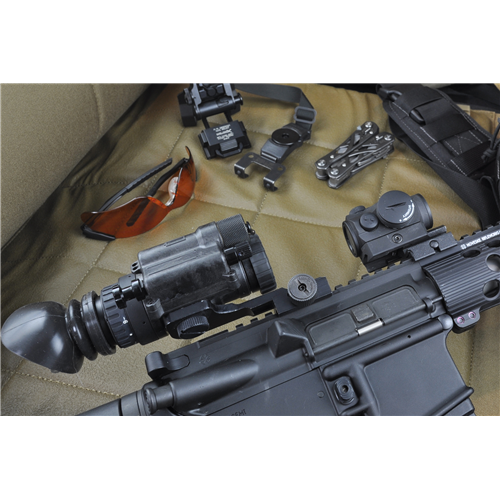
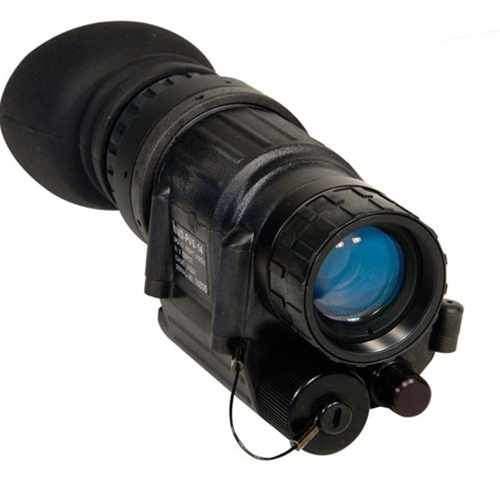

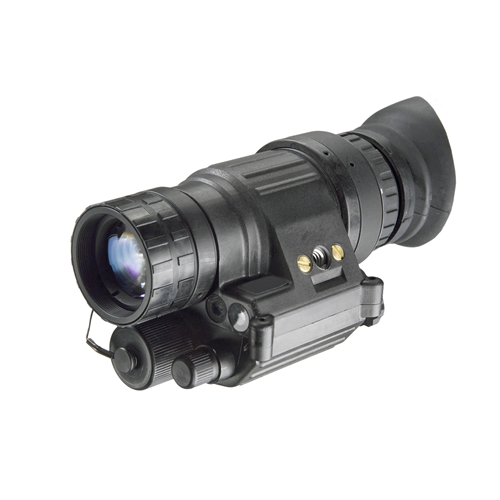
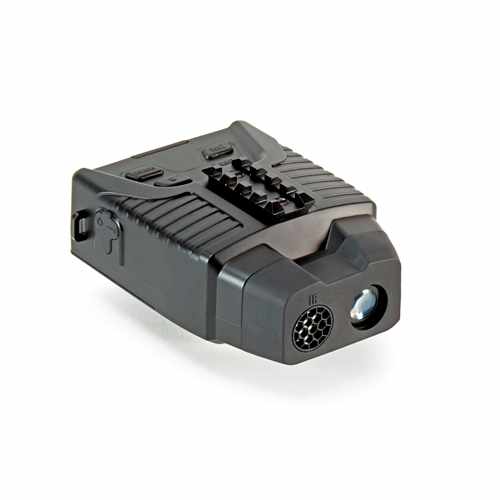
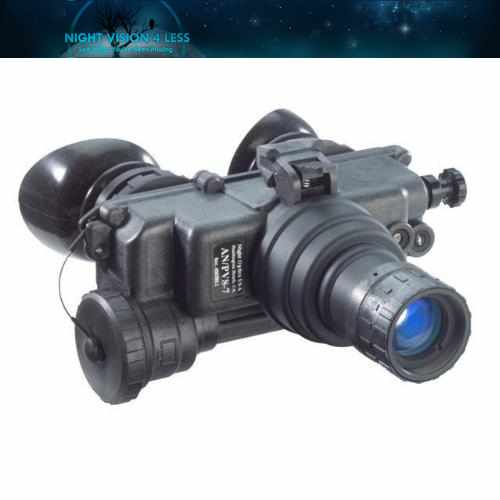
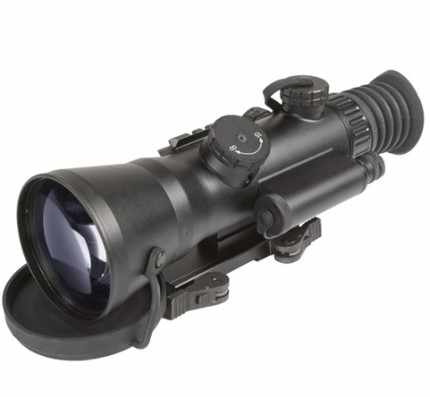
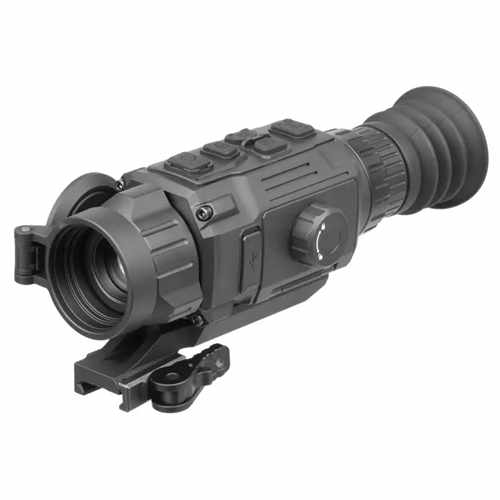


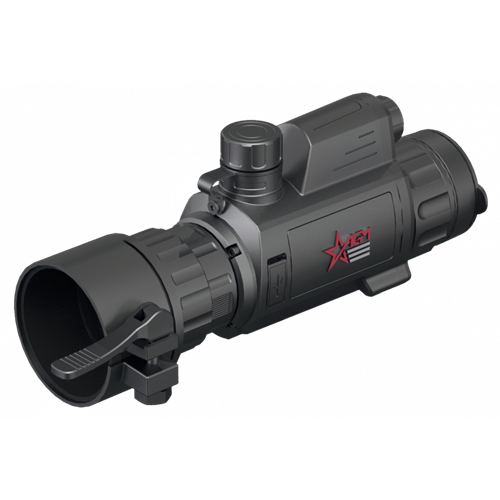
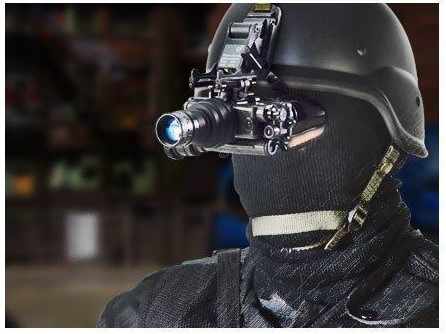
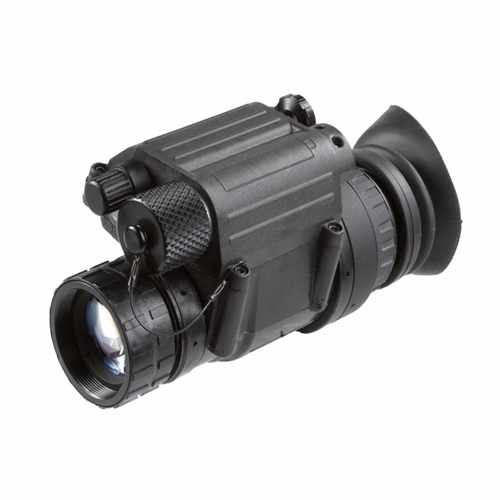

Write a comment ...